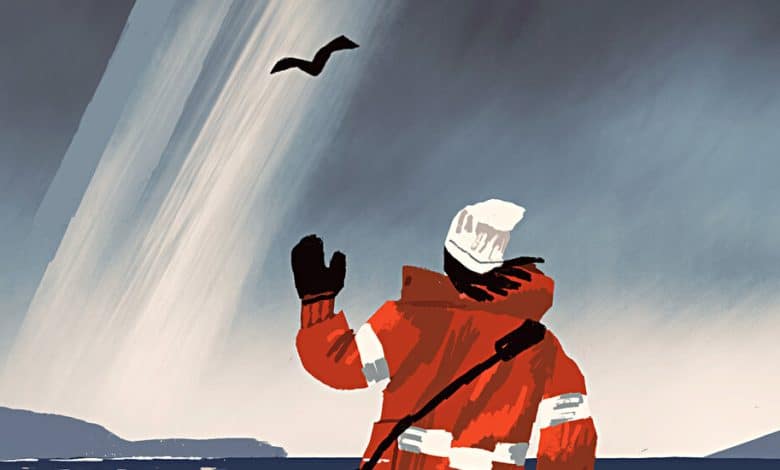I Never Found Closure After My Son’s Death. I Found Something Else.

Four years ago, I got the news that every parent dreads.
Without warning, my healthy 25-year-old son, Raphaël — a wildlife biologist and an environmental activist — had collapsed and died, likely from a rare heart disorder nobody knew he had. The trauma catapulted me into a place of almost hallucinatory madness: a territory so tormenting, debilitating and bleak that I couldn’t imagine how I’d survive it, let alone find joy in the life that remained.
Catastrophes are radicalizing and transformative. You no longer see your life in the same way afterward. But must grief diminish you, or can it do the opposite?
The question was vital because my devastation as a newly bereaved mother felt mirrored by the pain and anxiety of millions of people struggling to process the consequences of global heating and the obliteration of precious ecosystems.
Both forms of grief were rooted in love. Both required courage, resilience and compassion. And the emotional arc of both, I came to believe, could create the strength and purpose needed to navigate an increasingly unstable future.
In the field of death and dying, one of the most enduring and influential figures is the Swiss American psychiatrist Elisabeth Kübler-Ross, who in the 1960s came up with the five stages of death: denial, anger, bargaining, depression and acceptance. She’d been studying the emotional arcs of terminally ill patients, but later she and her colleague David Kessler repurposed the stages to apply to the grief of the bereaved, and the five-stage model became deeply embedded in Western culture.
In a 2007 paper, the Nobel Prize-winning climate scientist Steven Running applied those stages to the climate crisis, characterizing denial as the belief that the climate emergency isn’t happening or that humans aren’t the root cause. The anger stage kicks in when you realize your worldview or lifestyle will have to change substantially. Then you bargain by downplaying the scale of the crisis, or by putting all your faith in technological fixes. The depression stage manifests when you feel overwhelmed by the extent of the crisis and realize that governments and corporations are not only spinning their wheels but also often actively exacerbating the damage. Acceptance entails recognizing that the scale of the challenge is irrefutable, and then looking actively for solutions, because “doing nothing given our present knowledge is unconscionable.”